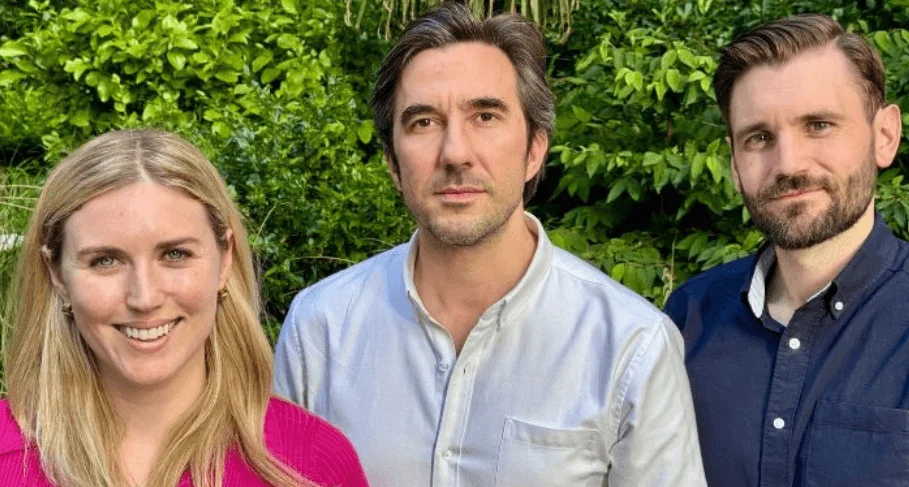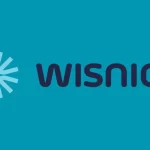Stylus, a UK-based startup using AI to automate the marking and feedback process in schools, recently raised $656,000 (£500,000) in a seed funding round led by Sure Valley Ventures, an AI-focused venture capital firm that supports early-stage companies in scaling.
Co-founded by Dominic Bristow and his non-executive partners David Blake and Julie Kilcoyne – known for their work founding, growing and selling ‘Boardworks’, a household name in UK schools, Stylus helps schools leverage the power of AI to reduce teacher workload, through a combination of school-specialized AI training and an AI-powered marking service. Its AI-driven platform, LearnCycle, combines automated marking with human-moderated feedback to streamline the traditionally time-consuming process of grading paper-based assessments.
The UK’s education system faces severe challenges, with 40% of teachers leaving the profession within five years, often citing excessive workloads. Stylus seeks to address this problem by automating the marking of paper assessments, which requires teachers to work far beyond their contracted hours. By reducing the burden of marking, the platform provides schools with a tool to retain teachers while maintaining high standards of personalized student feedback.
Speaking about the company, Dominic Bristow, CEO and Founder of Stylus Education, said:
In my experience, education leaders still need to be convinced that strong staff retention and wellbeing in schools can coexist with high standards of marking and feedback. We intend to prove this a false dichotomy through our work at Stylus. I have been working on this problem space since I reluctantly left the classroom for life without marking ten years ago, but it’s taken until this point for a solution to be truly viable. Although I made some headway in the past with products that amplified the effort teachers spent marking, we needed a way of making decisions about students’ work on behalf of their teachers.
Stylus uses a combination of narrowly focused and broad-scope AI strategies to mark and analyse paper-based assessments at scale. These papers can be administered for entire year groups or individual pupils. Once completed, teachers scan the papers in bulk, which are then processed through AI-driven marking and accuracy optimisation. Freelance teacher markers moderate the work to ensure the quality of the feedback remains high.
The results generate personalised student reports, providing immediate and actionable feedback. Teachers can review and moderate digitised versions of their students’ work, highlighting strengths and areas for improvement to inform future lessons. This approach provides the data required for even more personalized teaching while giving teachers the time to implement it properly. Stylus’ platform is unique as it brings the power of AI technologies to bear on the workload problem where schools need it most — in the assessments students must complete on paper without devices or internet access, where no online solution can support teachers.
Barry Downes, managing partner at Sure Valley Ventures, added:
Stylus’ advanced Generative AI technology helps teachers dramatically improve their ability to tackle workloads, with significant implications for the educational landscape. At Sure Valley, we look for ambitious early-stage founders using cutting-edge technologies to solve large pain points for an industry they know inside out. Dominic’s profound teaching and education technology expertise gives him a competitive advantage in succeeding in this landscape. We see immense value in Dominic’s solution and are excited to back him at this early stage of his journey as he gears up for a full launch in January 2025.
With this funding, the company plans to improve its existing infrastructure for scaling to meet high demand from schools, conduct controlled trials and develop case studies with prominent school groups and educational leaders. It will also support marketing efforts before the service goes live in all educational institutions in January 2025. Stylus aims to reduce teachers’ out-of-hours workloads and, in turn, address the ongoing teacher retention crisis.


